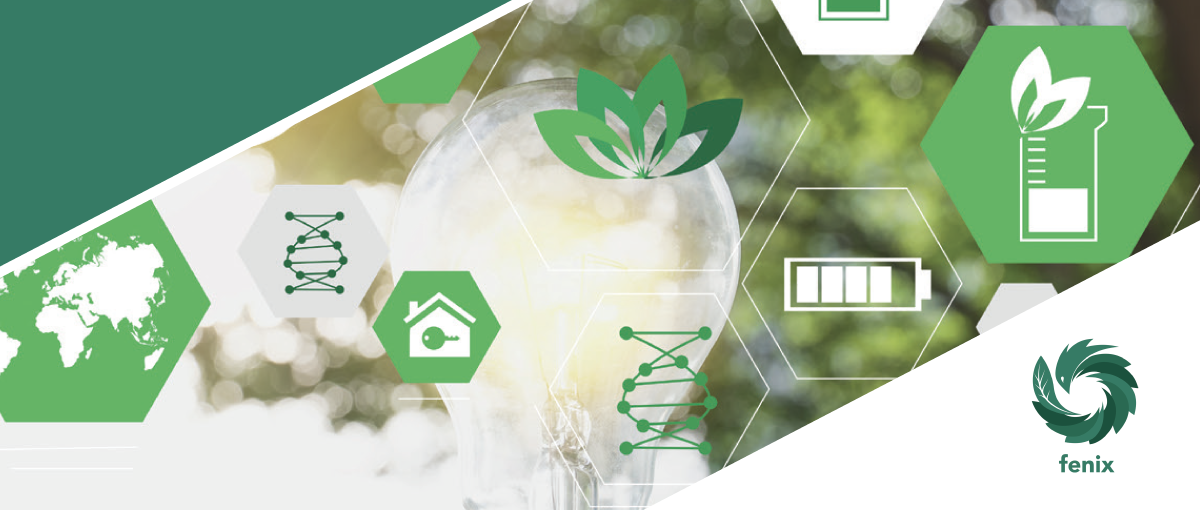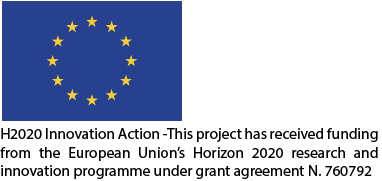circular economy H2020 Industry 4.0
The challenge of circularity in extended supply chains

Awareness around the environmental impact of products and processes and moving towards the sustainable use of natural resources is increasing in Europe. As such, the circular economy paradigm is obtaining even more success.
Based on this, the H2020 FENIX project, of which the Politecnico di Milano is a partner, aims to develop a new set of business models and industrial strategies with a view to facilitating circular products and services.
Three pilot plants will be established thanks to the development of sustainable processes for the combined treatment of different types of e-waste (e.g. printed circuit boards):
1) A modular, multi-material, reconfigurable pilot plant producing metallic powders for additive manufacturing processes
2) A modular, multi-material, reconfigurable pilot plant producing 3D printed gems
3) A modular, multi-material, reconfigurable pilot plant producing advanced filaments for 3D printing processes
The three pilot plants will be designed in such a way as to exploit Industry 4.0 solutions (e.g. smart sensors) which are able to send online data in real time through dedicated websites developed by FENIX.
The result of this is that production capacity will be shareable amongst the different actors involved in very different supply chains, by encouraging the involvement of end users (both private users and companies) in industrial processes and offering new services to companies for monitoring and controlling industrial plants.
The scientific role of the Department of Management, Economics and Industrial Engineering takes many forms. Firstly, the identification of new circular business models able to make use of pilot plants developed in FENIX. Secondly, the assessment of how Industry 4.0 technologies could support circular processes, specifically those related to the disassembly of Printed Circuit Boards (PCB). Finally, the Department is responsible for the dissemination and communication of the FENIX project and the management of Intellectual Property Rights (IPR) strategies.
One of the initiatives promoted by the Department related with FENIX involves collecting obsolete mobiles/smartphones. The mobile phones will be disassembled by the Industry 4.0 Lab in order to facilitate the recovery of valuable materials from electronic components through eco-friendly chemical processes. These materials, once transformed into metal powders, will be reused in additive manufacturing processes.
FENIX is also promoting a set of success stories related to the adoption of circular practices in different industrial sectors. The goal is to use real-world examples to demonstrate that the adoption of circular economy principles will allow for the creation of more sustainable supply chains by improving quality, market value and the alternative exploitation of secondary materials.
Finally, FENIX aims to integrate Key Enabling Technologies (KETs) for the efficient recovery of secondary resources within the same industrial plant. FENIX will consider three types of KETs:
1) Advanced production systems: a wide number of sensors will be embedded in each module that makes up the FENIX pilot plant.
2) Industrial bio-technologies: since the initial stages, FENIX has taken into account the use of biometallurgy for the sustainable recovery of materials from different types of waste.
3) Nanotechnologies: this type of materials technology allows for an improvement ofmaterials’ mechanical properties, thermal and electrical conductivity and overall functional properties.






